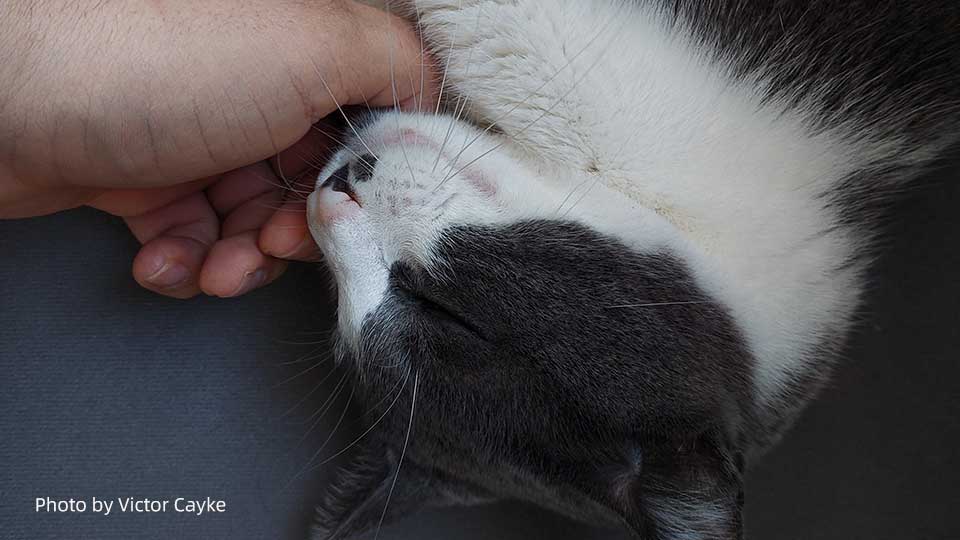Maine Coon cats are one of the most popular and beloved cat breeds in the world.
They are known for their large size, gentle nature, and beautiful appearance.
However, like any other breed, they may be prone to certain health issues.
In this post, we will let you know the common Maine Coon cats’ health problems you should be aware of, focusing on the most common issues and their symptoms.
Contents
ToggleAre Maine Coon cats prone to illness?
Maine Coon cats are generally healthy, but like any other breed, they may be predisposed to specific genetic and health issues.
Some health problems are more common in Maine Coon cats than in other breeds, so it’s important to be aware of them and take appropriate measures to ensure your cat’s well-being.
What are the most common Maine Coon health issues and symptoms?
Hip Dysplasia
Hip dysplasia is a genetic disorder affecting the hip joint, where the femur doesn’t fit properly into the socket.
It can cause discomfort, pain, and eventually arthritis.
Symptoms of hip dysplasia include limping, stiffness, and difficulty jumping.
Hypertrophic Cardiomyopathy (HCM)
HCM is the most common form of heart disease in cats, and Maine Coon cats are particularly susceptible.
HCM causes the walls of the heart to thicken, reducing its efficiency and potentially leading to heart failure.
Symptoms include difficulty breathing, lethargy, and fainting episodes.
Spinal Muscular Atrophy (SMA)
SMA is a rare genetic disorder that affects the spinal cord and muscles, causing muscle weakness and atrophy.
It is more common in Maine Coon cats than in other breeds.
Symptoms include a wobbly gait, muscle weakness, and difficulty jumping.
Polycystic Kidney Disease (PKD)
PKD is a genetic disorder that causes multiple cysts to develop in the kidneys, leading to kidney failure.
Symptoms include increased thirst and urination, weight loss, and lethargy.
Dental Issues
Maine Coon cats are prone to dental issues such as gingivitis and periodontal disease due to their large size and the shape of their jaws.
Symptoms include bad breath, difficulty eating, and swollen or bleeding gums.
Should I be worried or do anything?
While it’s essential to be aware of these potential health issues, many Maine Coon cats live long, healthy lives without ever experiencing them.
Regular veterinary check-ups, a balanced diet, and a healthy lifestyle can help prevent or manage many of these conditions.
How to take care of a Maine Coon cat?
To keep your Maine Coon cat healthy and happy, follow these tips:
1. Schedule regular veterinary check-ups, including yearly blood tests and dental cleanings.
2. Keep your cat’s vaccinations and parasite prevention up to date.
3. Feed your cat a high-quality, balanced diet to maintain a healthy weight and support overall health.
4. Provide mental and physical stimulation through play, interactive toys, and scratching posts.
5. Brush your cat’s coat regularly to prevent matting and hairballs.
6. Monitor your cat for any signs of illness or changes in behavior, and consult your veterinarian if you have any concerns.
By being aware of the common health issues that can affect Maine Coon cats and taking the necessary steps to ensure their well-being, you can help your furry friend live a long, healthy, and happy life.







